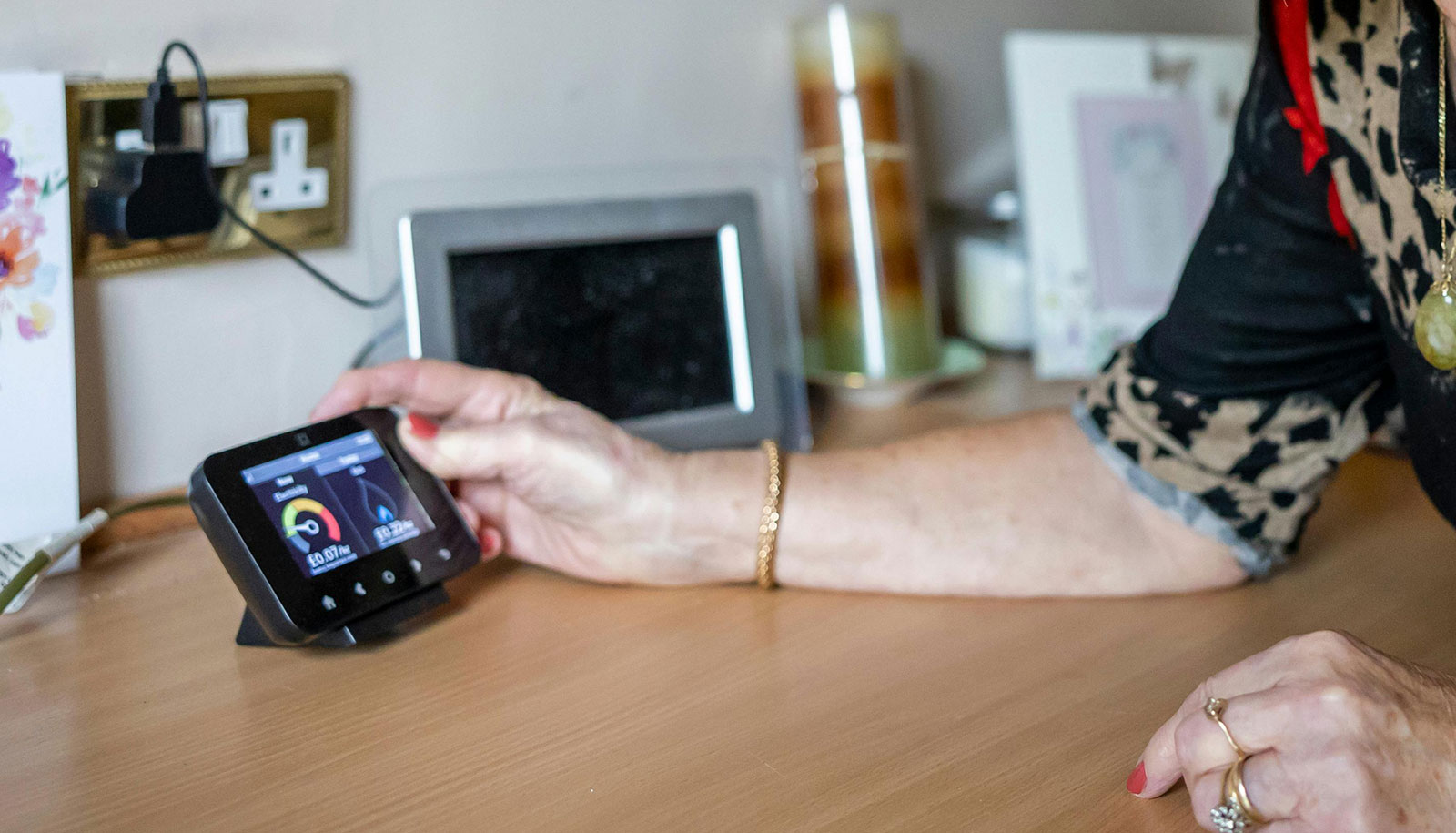With network costs in discussion to rise again in 2026, it’s never too late to start making clever energy-saving changes to your home. Most people will start to think about implementing different hacks to save energy during the winter, but there are simple, daily habits to save energy that you can make, reducing your energy bills significantly all year round.
Top 6 home energy saving tips
1. Prevent creating ‘Phantom Energy’
You’re probably wondering what Phantom Energy means? While we have good intentions to switch off our devices, most of the time we still leave our ‘vampire devices’ plugged in. Phantom Energy (also known as standby power) is when electric devices drain energy regardless of being in standby mode, or they’ve been switched off but left plugged in – resulting in £50-£100 being wasted each year!
Once you’re finished using them, switch off your electrical appliances and devices like the TV, microwave, kettle, and laptops on charge, and unplug them to start saving energy each day. Or, if you’re not yet ready to get in the habit of unplugging appliances every time they’re not in use, smart plugs are a great alternative option. Remembering to switch your devices to standby alone with a smart plug can amount to £45 in potential savings a year.
This is one of the simplest ways to start if you’re looking for how to reduce energy bills without major lifestyle changes.
2. Save energy by turning lights off
Switch lights off when leaving a room or in spaces that aren’t being used, opening up the blinds or curtains to let natural light in during the day. For dark mornings and evenings where you will use a lot of energy, swap to LED bulbs which can significantly reduce energy consumption over time. Replacing your standard halogen bulbs to LED lights can save energy by up to 80%, meaning that if you install 34 lightbulbs in your house, you could save a potential £140 per year on your electric bill.
You could also consider motion sensor lights for hallways and lesser-used rooms, avoiding leaving these on unnecessarily. This small change is a great example of electric saving tips that can add up significantly across the year.
3. Cut down using household appliances that use the most electricity
Daily chores quickly add up household energy costs but, if possible for your family home, cutting down on the number of times you wash laundry or use the dishwasher each week all helps to reduce the cost of utility bills over time. For example, reduce the frequency of running the washing machine and dishwasher to once a week.
There are extra ways to cut down on costs such as running a full or half load of laundry in your washing machine on a cooler 30c cycle, saving £24 a year. And if the weather is dry, skip the tumble-dryer and air your clothes outside, using indoor drying racks if rain is forecasted.
4. Reduce your water usage and save electricity
Taking shorter showers daily will not only save money but give you some time back in your daily routine. Reducing the time you shower to four minutes could save the average household around £60 a year in utility bills. If you’re more of a bath person, treat yourself to a shower knowing how much more money you could save – £9 a year.
Other ways to cut down on your energy bills is by reducing the amount of water you fill the kettle with. Since it’s typically the most used appliance in the house, by filling it up with just the right amount of water you need to make a drink or if you’re cooking, it could save £10 a year.
These are simple steps in how to save money on water bills and saving on water bill practices for every household.
5. Lower the thermostat to save money
Regardless of the season, with the British weather being unpredictable throughout the year, sometimes there are days when only putting the heating on will do. Instead of ramping up the thermostat to your preferred temperature, setting your heating to just one degree less can help the average household reduce heating costs by £130.
Making the most of thermostats in each room is a simple way to keep daily energy costs down, like turning the heating off in areas which aren’t being used. Installing a smart thermostat can help you easily manage room-by-room temperatures, making each room and radiator more energy-efficient, setting it to a level that’s best for your household. Smart thermostats are a powerful tool for anyone wanting to know how to reduce heating bills without compromising comfort.
6. Reduce your boiler usage and maintain it
Similarly to lowering the temperature of your heating, reducing the flow temperature of your electric boiler to 60c or below can reduce energy costs by £60 annually, meaning you’ll use less power every time the hot tap is run.
Don’t Forget Boiler Maintenance. In addition to adjusting the temperature settings, keeping your boiler in top working condition is crucial. An annual boiler service helps identify any hidden faults, ensures safe operation, and maintains efficiency, all of which help reduce your energy bills over time. A poorly maintained boiler can lose up to 10–15% efficiency, resulting in higher running costs. Regular servicing also extends the lifespan of the system, delaying the need for costly replacements.
If you’re looking for energy saving at home tips that involve existing infrastructure, boiler servicing is an easy win.
Ready to save even more?
With consistent practice of our energy saving top tips alone, you could save over £500 a year by making your home more energy efficient. If you’re ready to start saving even more on your annual energy bills, explore our smart energy solutions.
- Should you leave the heating on while you’re away for Christmas? - December 19, 2025
- Hosting Christmas: How to Heat a Busy Home Efficiently - December 15, 2025
- How to Clean and Remove Dust from a Radiator - November 18, 2025


